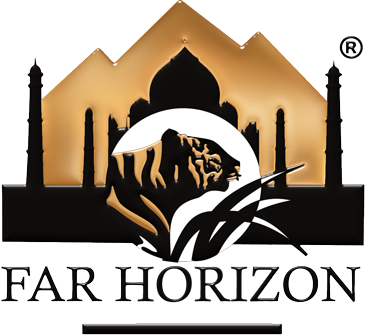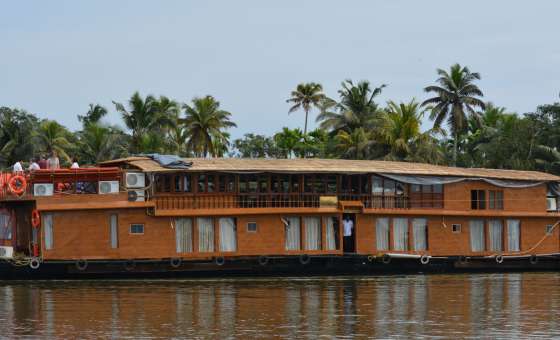Kerala Cruise (North to South)
more_vert
-
Duration8 Days
-
Region
-
Category
-
Best Time
- October - April
Introduction
- Accommodation in twin sharing basis
- Visit Athirapally Waterfalls
- 2 Nights Stay on the traditionally built Kerala boat with all meals
- Daily Breakfast
- Explore the Kerala Backwaters
- Guided Tour of Fort Cochin (Entrances on Direct Payment)
- All currently applicable taxes
Destinations Covered
Alappuzha
Venice of the EastAlappuzha is the hub of Kerala's backwaters, home to a vast network of waterways, over a thousand houseboats and an important coir industry. Head out towards the backwaters and Alleppey becomes graceful and greenery-fringed, disappearing into a watery world of villages, punted canoes, toddy shops and, of course, houseboats.
Kumarakom
The Enchanting BackwatersThe village of Kumarakom is a cluster of little islands on the Vembanad Lake, and is part of the Kuttanad region in Kerala. The bird sanctuary here, which is spread across 14 acres, is a favourite haunt of migratory birds and an ornithologist's paradise. Egrets, Darters, Herons, Teals, Waterfowls, Cuckoo, Wild Duck and migratory birds like the Siberian Stork visit here in flocks and fascinate all visitors.
An enchanting backwater destination, Kumarakom offers visitors many leisure options.
Kavalam
A Green HavenKavalam is a village in Kuttanadu, Kerala state, Alappuzha District. India. It is located on the borders of Alapuzha and Kottayam districts, on the banks of Vembanad Lake. The Pampa river flows through the village to merge into the famed Vembanad Lake. Its natural scenic beauty is legendary and has been used by many filmmakers. Relatively untouched by modernity, Kavalam is a green haven.
Mankombu
Moncombu is a charming little hamlet located in Alappuzha and surrounded by paddy fields. The housing styles are Nallukettu style mostly and there are many houses which are even hundreds of years older. Moncombu is also the location of the famous Moncombu Bhagavathy Temple. A temple that attracts thousands of people every year. An annual 7 days festival begins on 14 April every year. This is followed by the Pathamudayam festival on 23 April every year.
Changankari
Changankari is a part of Kuttanad region, being home to lush green rice fields spread extensively, divided by dykes. Travelling through this secluded alcove of nature will give you a feel of traditional countryside life of Kerala. A special peculiarity of this place is its geography. It lies around 2 meters below the main sea level, making it the lowest altitude place in the country.
Detailed Itinerary
- Day 1 Arrive Cochin / Embarkation at Marad
- Day 2 Vaikom-Chenganda-Kumarakom
- Day 3 Kumarakom - Kavalam
- Day 4 Kavalam-Kainakari-Mankompu
- Day 5 Mankompu-Champakkulam-Changankari Excursion to Aranmula
- Day 6 Changankari-Thotapally
- Day 7 Thotapally-Karumadi-Kanjippadom
- Day 8 Kanjippadom-Punnamada & Disembark at Alleppey








